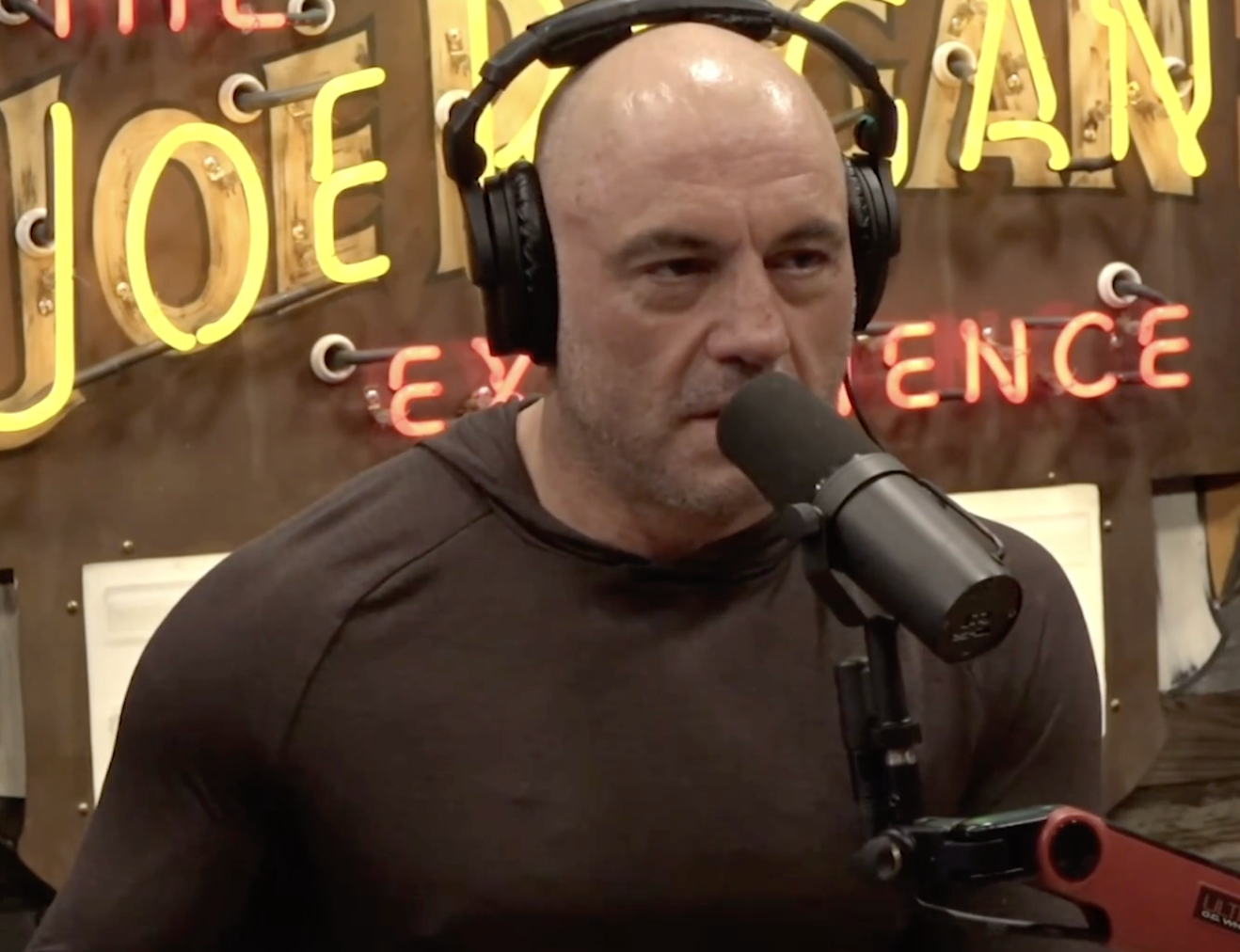National Park Service warns against licking poisonous toad
‘Please refrain from licking:’ Warning over Sonoran Desert toad popular for recreational psychedelic use
Your support helps us to tell the story
From reproductive rights to climate change to Big Tech, The Independent is on the ground when the story is developing. Whether it's investigating the financials of Elon Musk's pro-Trump PAC or producing our latest documentary, 'The A Word', which shines a light on the American women fighting for reproductive rights, we know how important it is to parse out the facts from the messaging.
At such a critical moment in US history, we need reporters on the ground. Your donation allows us to keep sending journalists to speak to both sides of the story.
The Independent is trusted by Americans across the entire political spectrum. And unlike many other quality news outlets, we choose not to lock Americans out of our reporting and analysis with paywalls. We believe quality journalism should be available to everyone, paid for by those who can afford it.
Your support makes all the difference.The National Park Service has warned visitors against licking a toad whose secretions contain a powerful psychoactive compound that has gained popularity among some celebrities.
The Sonoran Desert toad, also known as the Colorado Rover toad, produces a toxin when threatened that contains a powerful hallucinogenic chemical 5-MeO-DMT — also known as the “God molecule”.
The NPS said in a recent Facebook post that toxins secreted from glands on the amphibians’ neck and back would make a person sick if they were to handle it or get it in their mouth.
“As we say with most things you come across in a national park, whether it be a banana slug, unfamiliar mushroom, or a large toad with glowing eyes in the dead of night, please refrain from licking,” next to a picture of the toad at the Organ Pipe Cactus National Monument in Arizona.
The toad’s excretions have been known to kill large dogs who attempt to eat the seven-inch amphibians, according to the Arizona-Sonora Desert Museum.
It has been depicted in popular culture as a misguided and dangerous way to try to experience the amphibian’s psychedelic properties.
However, a growing body of evidence suggests that extracting the toad’s poison to then dry and smoke it may have benefits in treating drug and alcohol addiction.
Celebrities including Chelsea Handler, Joe Rogan and Mike Tyson have spoken about smoking the extract, which is commonly called Five or Bufo.


Mr Rogan, a psychedelics enthusiast, said it was the “probably the most terrifying experience” he’s had on drugs during an episode of his podcast in 2021.
Mike Tyson toldthe New York Post in 2021 that smoking the drug caused him to be die and be reborn.
“In my trips, I’ve seen that death is beautiful.”
In 2019, comedian Chelsea Handler told The Hollywood Reporter how smoking the venom was one of the scariest experiences of her life.
“It’s this frog venom thing where they light it, you inhale it and you basically hallucinate,” she said.
“You see visions and colours. I was at some woman’s house, lying in her living room on blankets, and I was immediately drenched in sweat feeling as sick as I’ve ever felt.”
The toad venom has also gained in popularity for treating PTSD and drug addiction, attracting tens of millions of dollars in venture capitalism funding and medical trials.
In his 2021 memoir Beautiful Things, Hunter Biden wrote that the psychedelic toad venom had kept him sober for a year as he was trying to save his marriage.
And a Navy Seal veteran who experienced crippling depression and anxiety told the New York Times the venom was the only thing that had been able to treat his condition.
In March, the Times reported that demand for the toad venom was booming.
Scientists have said the rush to cash in on the could threaten desert toad populations.




Join our commenting forum
Join thought-provoking conversations, follow other Independent readers and see their replies
Comments